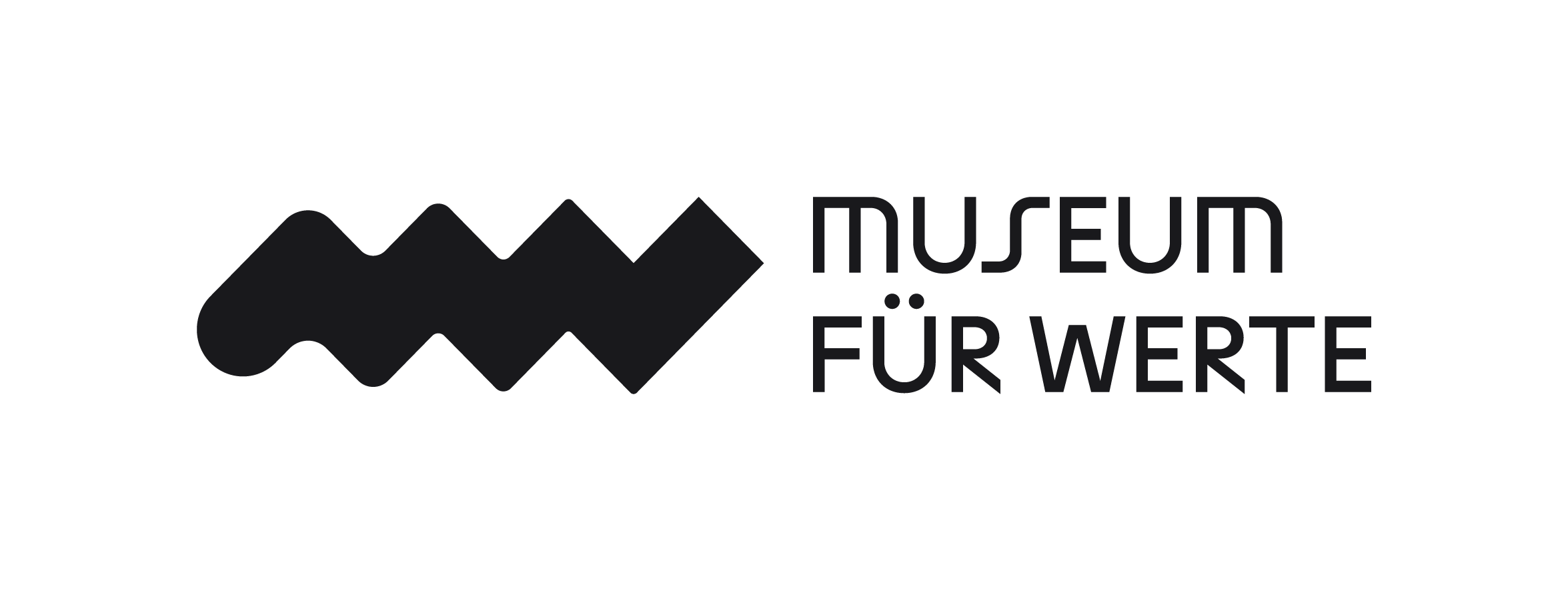A story of connection and responsibility
What does freedom mean when you think of it not just for yourself, but for everyone? In the Dialogue of the Museum of Values, Eva Mörchen takes us on a journey. In the rooms of BUM Berlin—a space that emerged from a protest against a Google campus—the managing director shares how her understanding of freedom has transformed from a carefree childhood in the mountains to a profound sense of social responsibility.
The link to the podcast .
The roots: A childhood full of freedom in the mountains
Eva Mörchen's first encounter with freedom was wild, natural, and self-evident. Growing up on a small, self-sufficient farm in the South of France, her life was shaped by a deep connection with nature. "We didn't really have any money, but we made our own cheese, our own bread, and had huge vegetable gardens," she recalls.
A feeling of vitality and connection
This early imprint defined her original sense of freedom. It was the freedom to simply be. "My mother told us, 'We opened the door in the morning, you ran out, and you came back sometime in the evening.'" To this day, freedom means a profound "feeling of aliveness and connection." She chooses her broken iPhone as a symbol for this—it represents those moments when she is so present in the moment that material things lose their meaning.
The turning point in Berlin: The awakening of responsibility
The decisive change in Eva's perspective came with her work at BUM Berlin and the daily encounters with people who do not enjoy the same privileges as her.
Recognizing your own privilege
Suddenly, she realized how naturally she moved through the city. "I became aware again on a different level of how much freedom I actually have moving through the city. And it's a freedom I don't even notice." This realization led to a radically new understanding: Her personal freedom is inextricably linked to the freedom of others.
BUM Berlin: Freedom as a lived, solidarity-based space
This new understanding is perfectly reflected in their work. The BUM (House for Solidarity and Civil Society Engagement) is itself a symbol of hard-won freedom. Originating on the site where civil society protests successfully prevented a Google campus, it is now a space for initiatives committed to solidarity.
Passing on freedom as a resource
For Eva, it's now about actively using her own privileged position. "Freedom is also an incredibly wonderful resource [...] And also considering where I have a freedom that perhaps other people don't have? And how can I perhaps use this freedom?" Freedom thus transforms from a passive feeling into an active tool for social change.
Conclusion: True freedom is shared freedom
Eva Mörchen's story is a powerful lesson in what freedom can mean in the 21st century. It is the development from a purely personal feeling to a deep awareness of social responsibility. She shows that reflecting on one's own privileges is the first step toward not only enjoying freedom, but also consciously sharing it and using it for a more just world.
"For me, freedom is directly connected to the world, and I can only be free if everyone else is free, too." - Eva Mörchen




